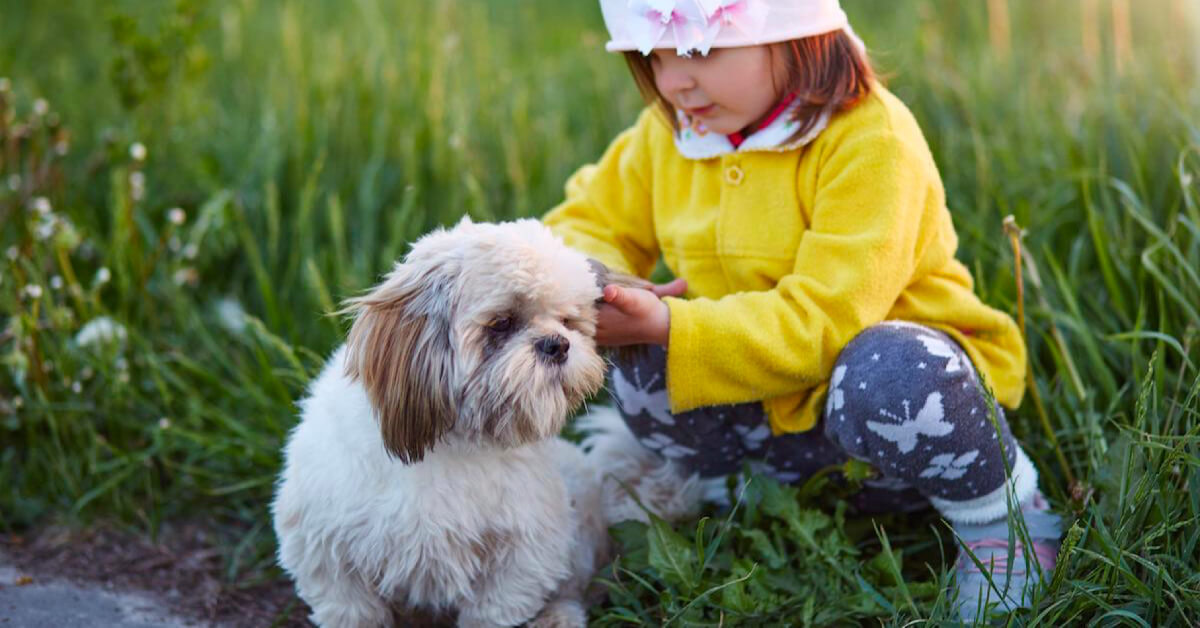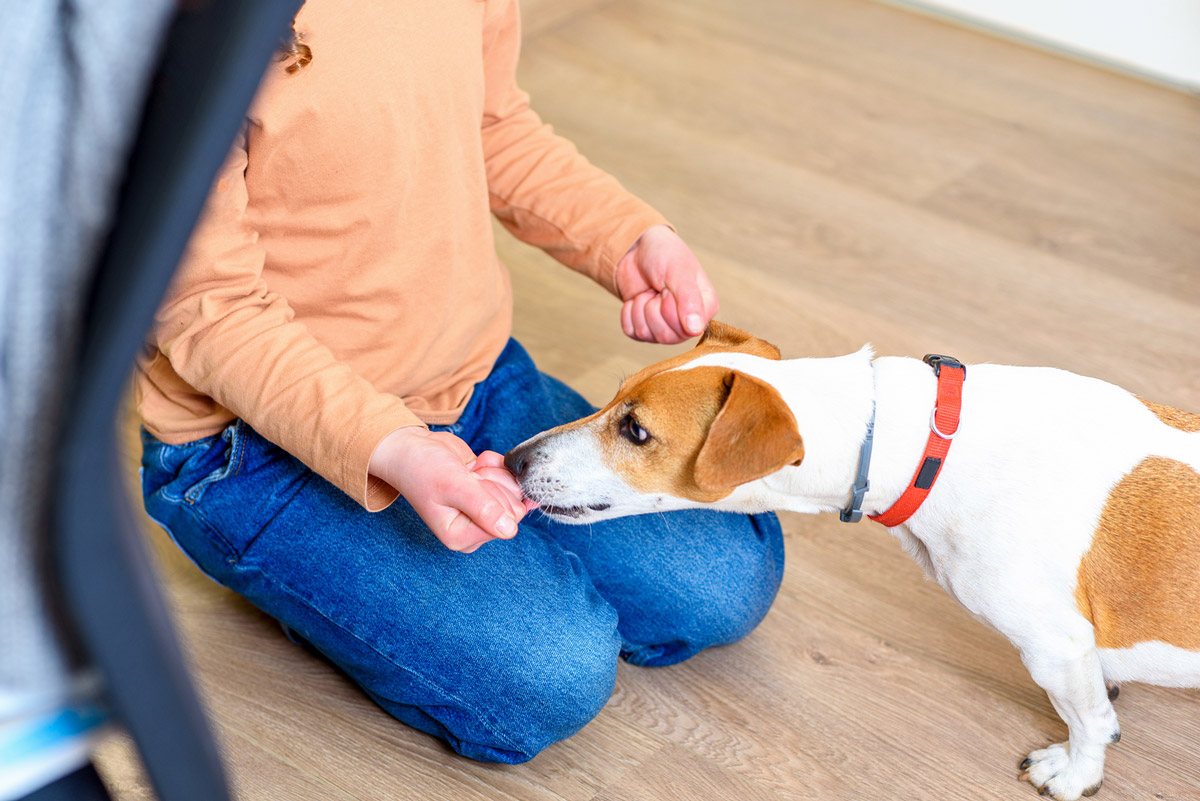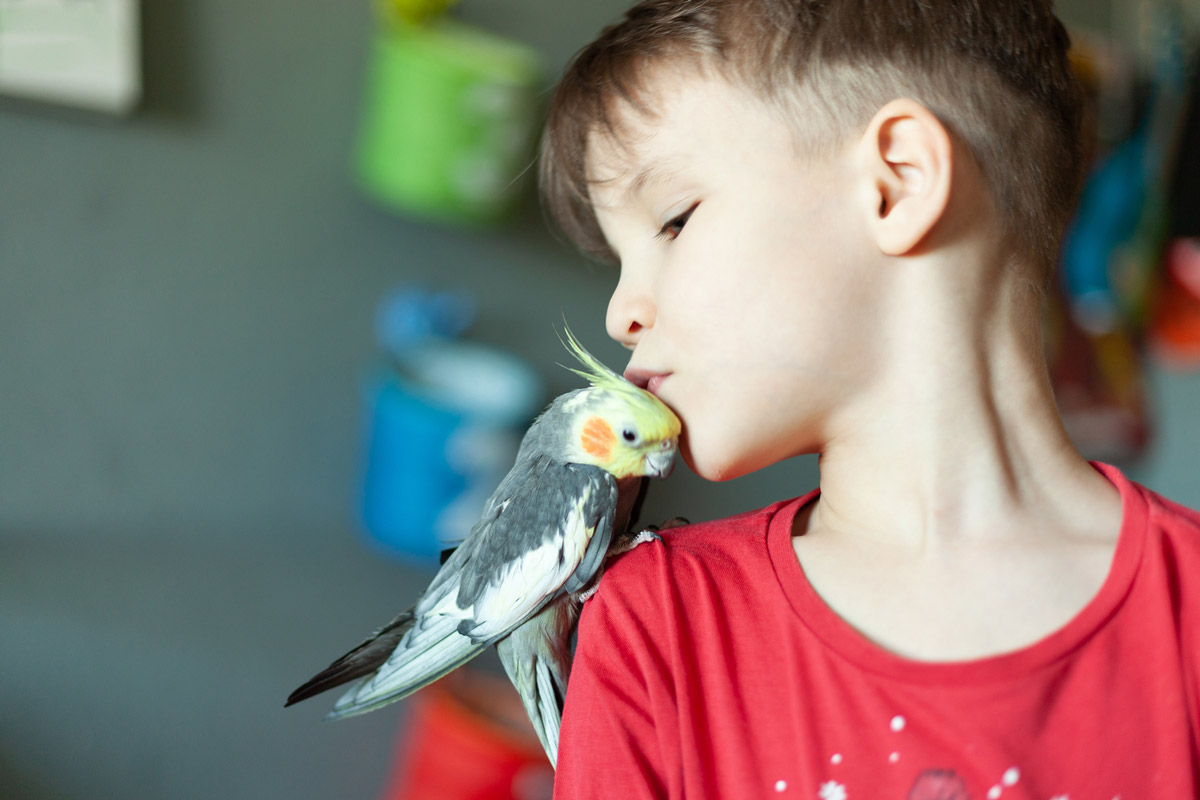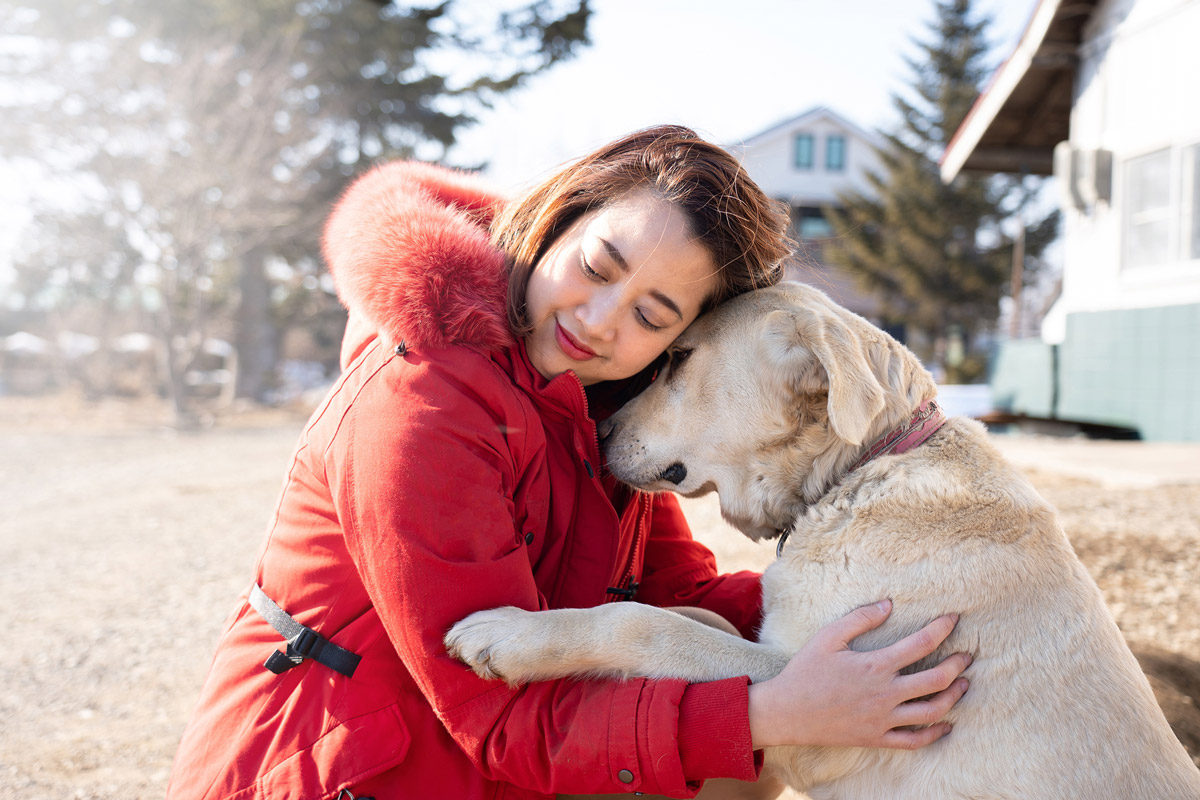5 Ways Pets Nurture & Encourage Child Development

According to studies on the impact of companion animals on child development, growing up with pets can lead to higher self-esteem, cognitive development, and social skills in children. If you’re wondering if it’s a good idea to introduce a pet to your child, read on to discover how pets can help to shape and nurture our early years.
Important Note: While taking care of a pet can help children develop social skills and improve their psychological well-being, the welfare of your pet should be safeguarded at all times with these guidelines:
- Make sure to monitor all interactions if you have very young children (under the age of 3 – 4 years) because they do not have the maturity to control their strength and impulses yet.
- Even if a parent believes that their child is old enough to care for a pet, the parent must oversee the pet’s welfare and take on the responsibility whenever necessary.
- Children should be reminded in a gentle and firm way that animals, like people, need food, water, exercise, and respect.
- Parents must serve as role models with regards to responsible pet ownership.
1. Teaches responsibility & builds self-esteem

A great advantage of having a pet is that it teaches a child responsibility, and in gaining responsibility, the child will also develop confidence in himself. Simple tasks like filling up the pet’s water bowl are sufficient to instil this sense of responsibility in children from as young as three years old, and as the child matures, he can be entrusted with more complicated tasks like taking it out for a walk or grooming.
2. Provides a strong bond

Pets give unconditional love. This makes them a source of emotional support for lonely or troubled children, as well as a safe place to verbally pour out their fears and frustration. As they become your child’s best companion, they help to contribute to your child’s emotional well-being.
A pet can also strengthen the bond between family members, which all adds up to an emotionally and mentally healthier child with a stronger support system in his life. Whether it’s celebrating a pet’s birthday or going on trips together, your entire family will benefit from this strong bond provided by your family pet.
3. Breeds compassion & empathy
Many breeds of cats and dogs are said to be emotionally-supportive creatures. Because dogs and cats can’t speak for themselves, children with pets develop empathy, which is a skill that allows these children to be more aware of other’s physical and mental well-being.
This will develop naturally over time, such as when a pet becomes ill and has to visit one of the vets in Singapore (add title tag to hyperlink -“Vets In Singapore, Singapore Vets”). Giving love and attention to a little kitten, puppy, or even an older animal nurtures a special characteristic of love and compassion within a child that will spill over into their teenage and adult years.
4. Assists with socialising

It has been proven that animals can help children to socialise and improve their verbal skills. Since pets don’t judge or talk back, little kids tend to be more open and less shy in front of their furry friends. This encourages the act of talking and socialising with another being, which develops their cognitive language skills and social skills.
5. Provides therapeutic comfort
In general, animals can be very therapeutic for children and this applies to household pets as well. Research has shown that pets can help to lower blood pressure, speed up recovery time, reduce stress, as well as alleviate anxiety, and are especially good for children with autism, special needs, or traumatic experiences.

No doubt, there’s something special about having a pet who is willing to stay by your side unconditionally, and the lessons that a child will learn at an early age just by caring for one are invaluable experiences that will affect him greatly as he grows older.







